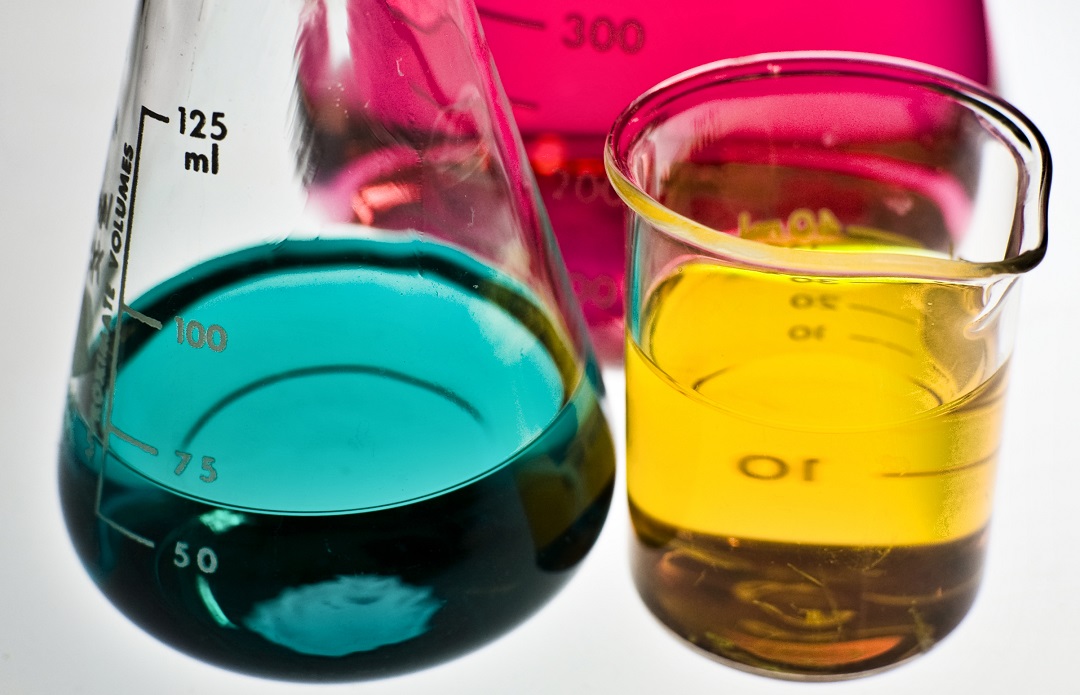
Reducing Food Waste in Foodservice
October 16, 2018 by Doreen Garelick, Dietetic Intern
Our intern Doreen attended a food waste summit for restaurants and compiled these tips to help food service operators redirect…
April 30, 2015

In this second installment of the Savvy Consumer series, Dietetic Intern Amy Vu investigates if 'all natural' is really all it seems.
If you were to choose between “all natural” chips and regular potato chips, which would you choose? According to Nielsen, food products labeled with “all natural” bring in over 40 billion dollars of sales each year in U.S. retail stores. If you’ve ever wondered how processed foods could even be labeled as “all natural,” you may be interested to learn that it is because the FDA has not set a legal definition for the label. As stated on the FDA’s website, “it is difficult to define a food product that is 'natural' because the food has probably been processed and is no longer the product of the earth. That said, the FDA… has not objected to the use of the term if the food does not contain added color, artificial flavors, or synthetic substances.” (For meat, poultry, and egg products, the USDA has approved the claim if it is minimally processed and contain no artificial ingredients in the final product. However, this does not consider antibiotic usage or farming practices. Basically, the “all natural” label has very little meaning.)
The lack of a standard definition creates a gray area in which food companies can build their marketing strategies. Packaged foods made with heavily-processed ingredients such as high fructose corn syrup can be labeled as “natural” because the synthetic materials used in the processing are not incorporated into the final food product. Genetically modified organisms, GMOs,are a common unnatural culprit in “natural” food products, as most states do not require GMOs to be identified on the package. Over the past couple of years, PepsiCo, General Mills, Kellogg’s and dozens of other large food companies using GMO and processed ingredients have faced multi-million dollar lawsuits alleging false advertising.
Amidst the buzz around “all natural,” Datamonitor shows that the phrase is dropping from packages. From 2009 to 2013, food products launched in the U.S. food and beverage products claiming to be “natural” have decreased about 10%. Until there is tighter regulation for the term, food companies may be ditching the phrase to avoid lawsuits and instead turning to new (but still vague) lines to associate their products with health such as “simply” and “pure.”
So what’s the takeaway? What you see isn’t always what you get. If you want to eat natural, wholesome food then stop looking for a label and head to the fresh produce aisle. When choosing packaged foods, follow the advice given by Michael Pollan in his book, In Defense of Food: An Eater’s Manifesto: “Don’t buy products with more than five ingredients or any ingredients you can’t easily pronounce.”
Find out more about the petition to ban “all natural” here.
Should “all natural” have tighter regulations or should it be banned all together? Post a comment below to share your thoughts!

October 16, 2018 by Doreen Garelick, Dietetic Intern
Our intern Doreen attended a food waste summit for restaurants and compiled these tips to help food service operators redirect food waste from landfills.
Nutrition 101

Nutrition 101
September 26, 2018 by Doreen Garelick, Dietetic Intern
Ever notice headlines about rapid weightloss? Dietetic Intern Doreen Garelick looks deeper into a recent eye-catching headline to see if there's any truth behind it.
Connect
 Follow us on Twitter
Follow us on Twitter Friend us on Facebook
Friend us on Facebook Follow us on Pinterest
Follow us on Pinterest Follow us on Instagram
Follow us on Instagram Read our Blog
Read our Blog Watch videos on YouTube
Watch videos on YouTube Watch videos on Vimeo
Watch videos on Vimeo Connect with us on Linkedin
Connect with us on Linkedin Find us on Foursquare
Find us on Foursquare
Tweets by @SPEcertifiedBlog Search
Categories
SPE Certified Newsletter
Sign up for news on the latest SPE-certified venues, events and SPE updates.
We will never share your personal information with a third party.